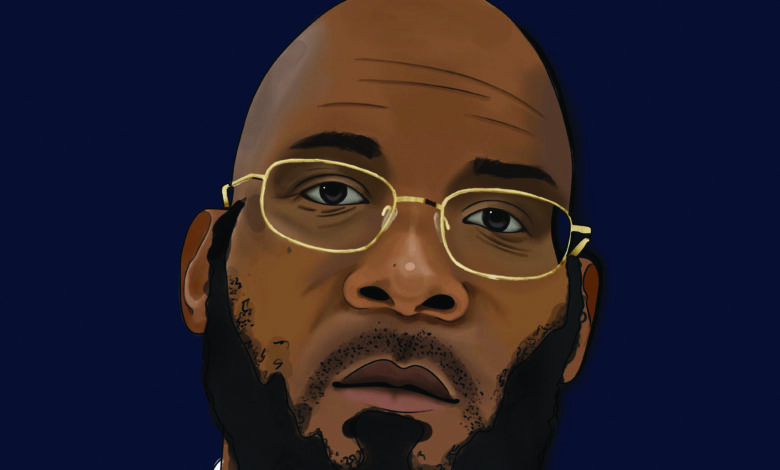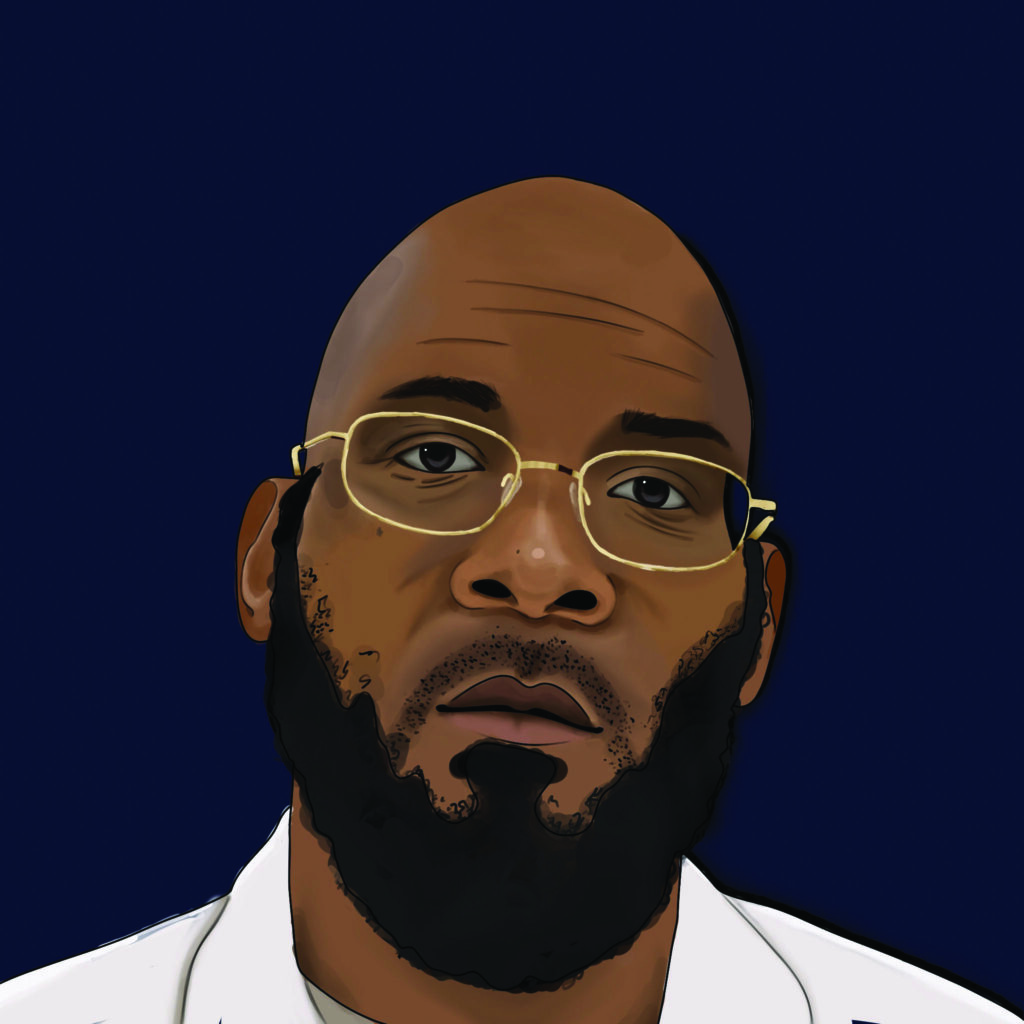
The unjust execution of Marcellus Williams
By Jay Roberson
As I prepare myself to teach eighth grade for the day, around 8:30 a.m., I hear the school speakers play “…with liberty and justice for all.” But I don’t make students stand for the pledge.
I don’t feel right standing most of the time.
The wrongful execution of 55-year-old Marcellus Williams proves there is not justice for all.
“All praise be to Allah in every situation,” Williams, who was a devout Muslim, wrote as his last words before he was executed in Missouri on Sept. 24.
Williams remained on death row for more than two decades, claiming innocence in the murder of 42-year-old Felicia Gayle in 1998.
The St. Louis County Prosecuting Officer disagreed with Williams’ execution due to DNA evidence. Gayle’s family agreed that he was innocent. Two petitions that received over a million signatures disagreed with the death of an innocent Black man; the state of Missouri thought otherwise.

As stated by the Noose to Needle Project, “It’s no coincidence that the frequency of state executions began to increase just as lynchings started to decline in the beginning of the 20th century.”
The National Association for the Advancement of Colored People called his death “a modern day lynching.” The governor of Missouri, Mike Parson, was the one holding the rope.
Some say racism is a problem of the past, yet governments have found loopholes to incarcerate – or kill – Black Americans everyday.
Between the 19th and 20th centuries, at least 60 Black Missourians were killed in lynchings, according to the Death Penalty Information Center. It’s no surprise that Williams, an innocent Black man, was executed for the murder of a white woman.
DPIC has tracked state executions since they were legalized in 1976. The most appalling fact was how Black people have been executed for the murder of a white person 321 times, while only 33 white people have been executed for the murder of a Black person. Out of 1,600 total people executed, 544 have been Black Americans.
DPIC also reported that at least 200 people who have been executed since 1973 have been exonerated. Now the question is: why would you execute someone if you’re not 100% sure they’re guilty?
The Innocence Project found that 58% of those who were exonerated from state execution are Black people. This is not a mere coincidence. This is racism embedded into the roots of our society.
Overlooking the physical evidence proving William’s innocence, Parson said, “I follow the law and trust the integrity of our judicial system.”
I don’t trust this system.
In Williams’ 23 years in prison, he devoted his time to writing poetry and studying Islam, according to The Innocence Project.
As much as society tries to say, “we can never let this happen again,” there is not much that can be changed without reform to the judicial and prison-industrial complexes the U.S. has implemented in an effort to keep Black people powerless.
Williams was robbed of his humanity, spending almost half of his life in a prison cell for a crime he did not commit. The best we can do is keep on saying his name. Marcellus Williams, I am so sorry this is the America you had to spend your short life in.
In a poem titled “At Last… Another’s heartbeat” Williams wrote, “there is so much beauty and comfort in being in love and just being… / – amidst sounds of buzzing / chirps / crickets / the pleasant but irregular blowing of the wind / fireflies dancing in step with the light of the moon / how strange it is to become aware of another’s heartbeat but forget one’s own – / finally love.”
Jay Roberson is a senior secondary education and English major



